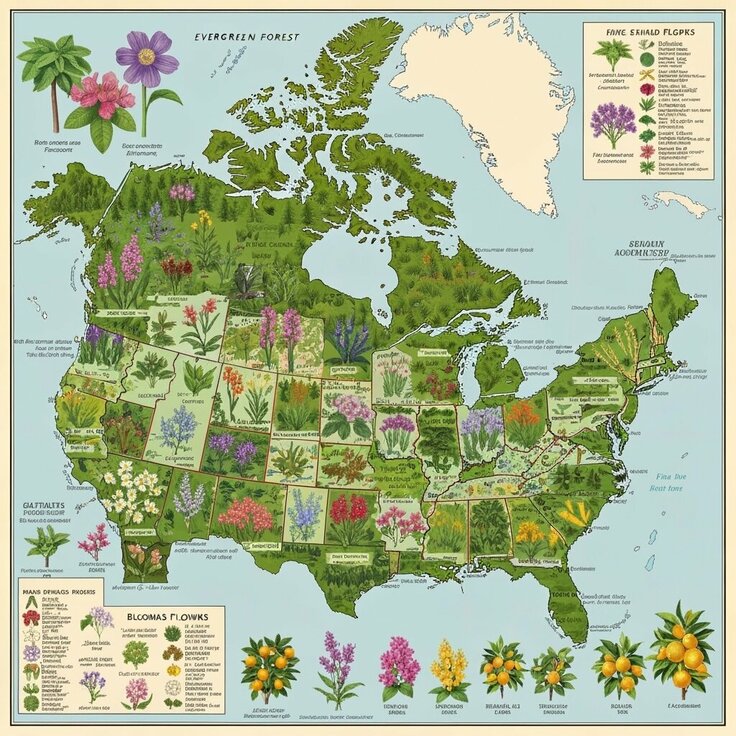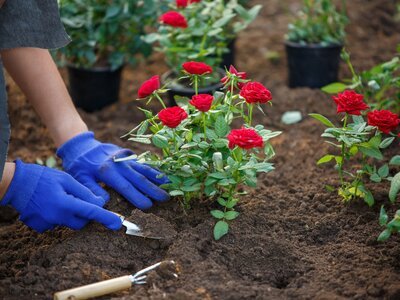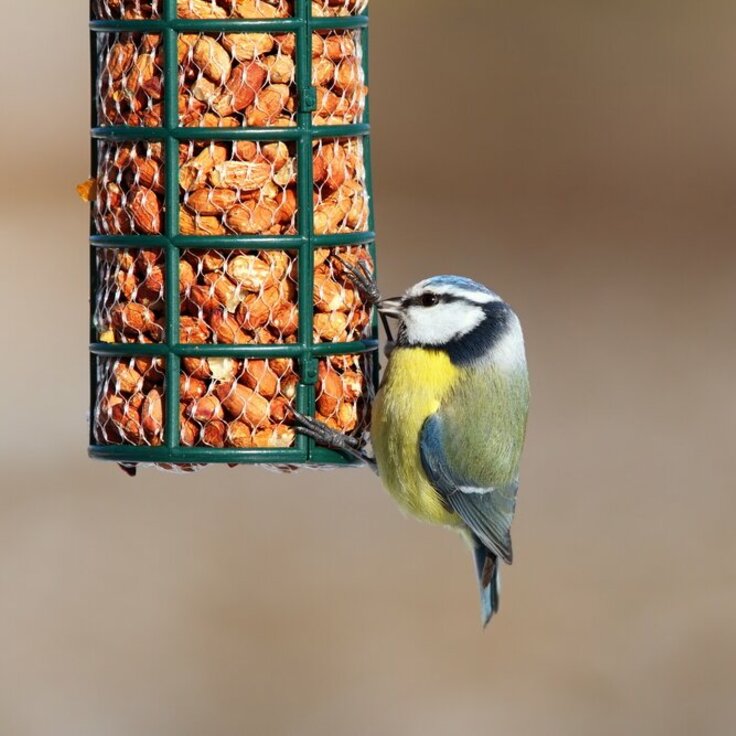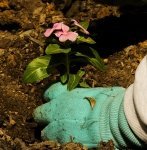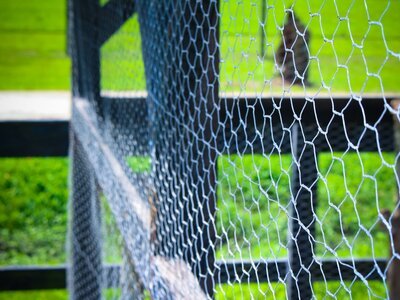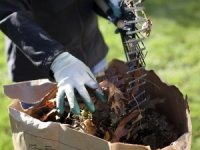Effective Strategies for Safe and Efficient Wasp Nest Removal
Wasp nests can quickly become a serious issue if left unchecked. These nests are often built in hidden spots around your home, such as in eaves, attic spaces, or under deck boards. Wasps are particularly aggressive when they feel their nest is threatened, making wasp nest removal a task that should be approached with caution. If you notice a growing population of wasps or see them entering and exiting a specific area, it’s crucial to address the problem promptly to avoid dangerous encounters and potential stings.
Safety First
Before attempting any wasp nest removal, prioritize safety. Wasps can be highly defensive, so it's essential to protect yourself with appropriate clothing. Wear long sleeves, long pants, gloves, and a hat to minimize exposed skin. It’s also wise to avoid bright colors and floral patterns, as these can attract wasps. Additionally, consider conducting the removal at dusk or dawn when wasps are less active. If the nest is in a difficult-to-reach location or if you have allergies, it’s best to call in a professional pest control service.
DIY Removal Techniques
For those who prefer a DIY approach, there are several effective methods for wasp nest removal. One common technique involves using a wasp-specific insecticide spray designed to target nests from a safe distance. Be sure to follow the instructions on the product label carefully. Another option is to use a soapy water solution, which can be effective for smaller nests. Simply mix dish soap with water and pour it over the nest, ensuring the solution penetrates the structure. This method disrupts the nest and can kill the wasps, though it might require several applications.
Preventing Future Nests
After successfully removing the wasp nest, it’s important to take steps to prevent new nests from forming. Regularly inspect your home for potential nesting sites, such as small holes or overhangs. Seal any gaps or cracks to eliminate possible entry points. Additionally, removing food sources that attract wasps, such as uncovered garbage or pet food, can help deter these pests. Keeping your outdoor spaces clean and free of attractants will make your home less appealing to wasps looking for a place to build.
When to Call the Experts
Sometimes, despite your best efforts, wasp nest removal can be too challenging or dangerous to handle on your own. If the nest is large, located in a hard-to-reach area, or if you have a severe wasp infestation, professional pest control services are the best solution. Experts have the tools and experience to deal with wasp nests safely and effectively. They can also provide advice on long-term prevention strategies, ensuring your home remains wasp-free and safe for you and your family.



